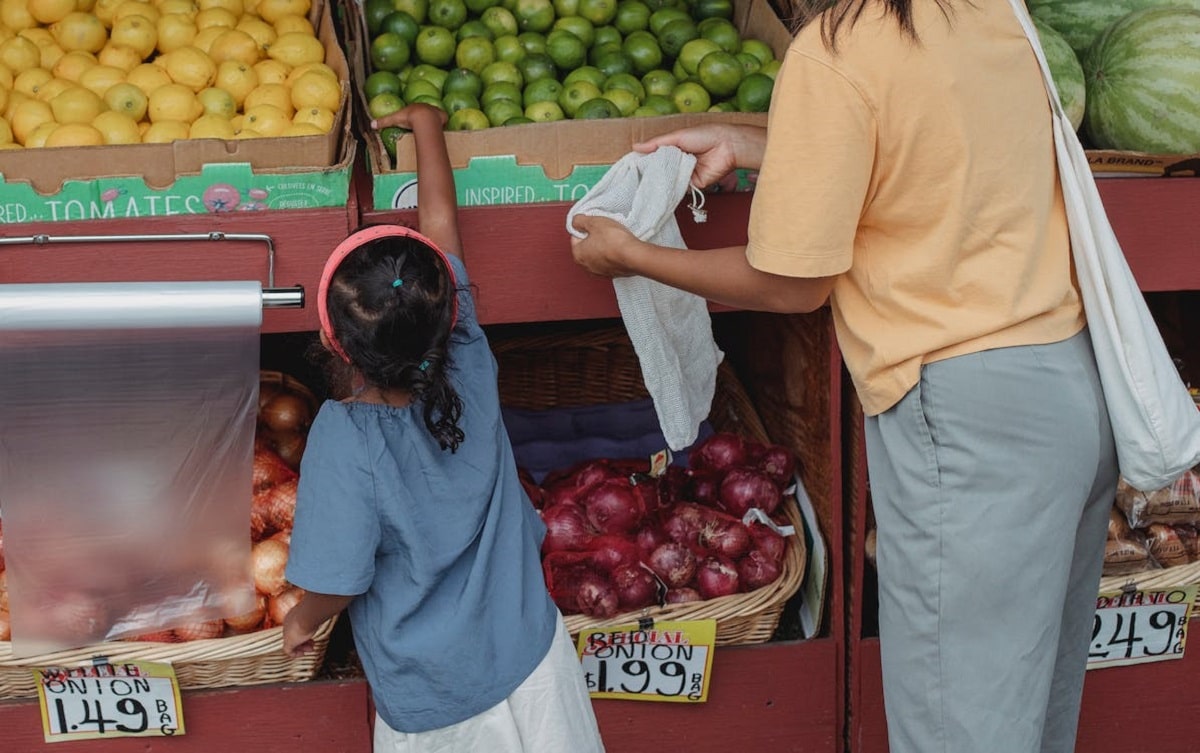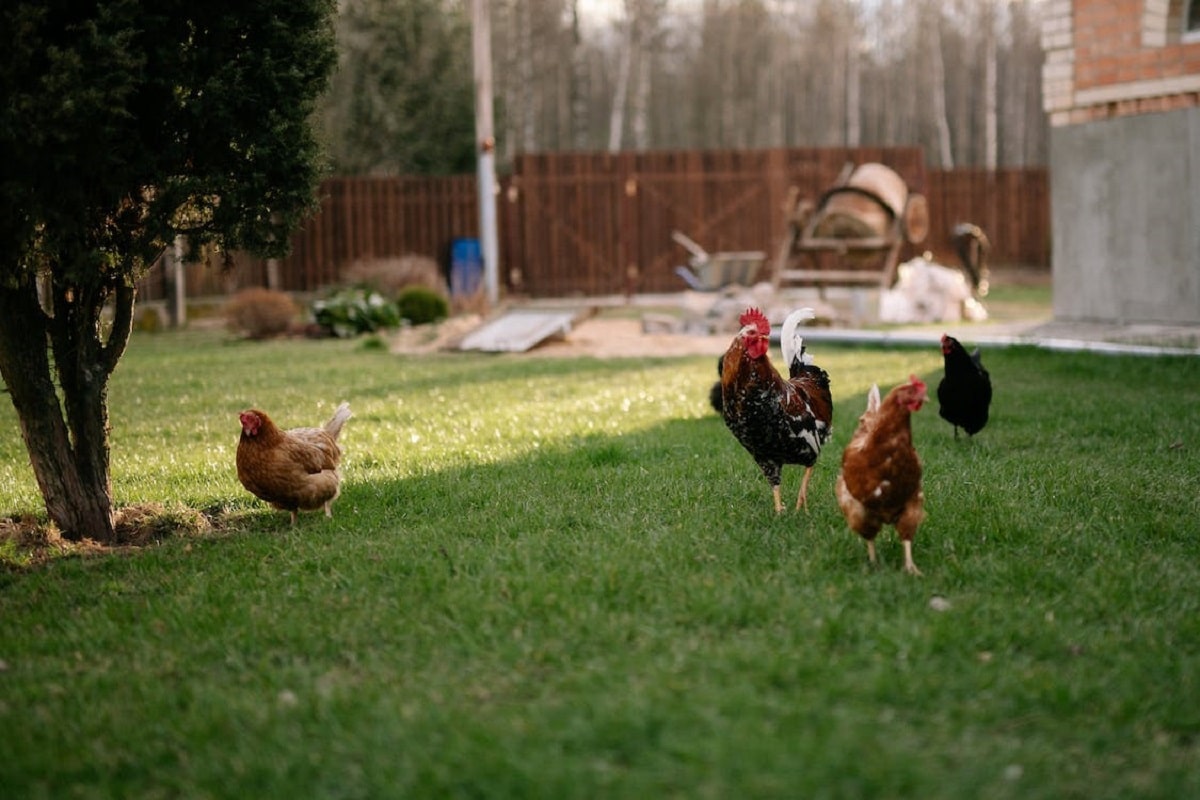
Environmentalism is a way of life in which each of the areas of daily life must be involved. lead a sustainable life It is not just about separating waste for recycling, although that simple gesture is already valid and much more than what some do. However, if you really want to be as eco-friendly as possible, you should even change some eating habits.
It is not about becoming vegan or vegetarian, which consists of a lifestyle in which animal products are not consumed. In fact, many people who follow this type of diet are not completely organic, because this is more about the origin of the product than the product itself. We'll tell you right away what exactly is it and what can you do to bring an eco diet.
Ecotorians or how to have an eco diet
People who follow an eco eating style often use the term ecotorianos to define themselves. In the same way that vegetarians are those who do not eat meat and vegans do not consume or use products of animal origin, ecotorians are people who follow an organic diet. This lifestyle basically consists of always choose food products that cause the least impact about the environment.
To eat an eco diet, it is not necessary to restrict the consumption of food due to its animal or vegetable origin. If not, what must be taken into account is its origin and the impact it can cause on the environment due to its production, transport or contamination. Therefore, to eat an eco diet you must pay attention to the origin of the foodeither plant or animal. Here are some tips so you can eat an eco diet.
Choose a plant-based diet, without giving up the consumption of meat or fish
As we have already seen, eating meat and fish is not something that harms the environment in the first place. What it does do is the massive fishing that destroys the species, the consumption of small fish that have not been able to reach maturity, the production of animals for consumption in which substances are used to accelerate the growth process.
I am also very detrimental to foods that are not in season, because chemical substances must be used to help their production when the necessary weather conditions do not exist. As well as the contamination that occurs when moving food between continents. Therefore, whatever food you eat, make sure that its origin is local and above all, seasonal.
Pay attention to the packaging of the products
Local food can be found in supermarkets and more and more large chains are betting on local products. Nevertheless, indecent amounts of plastics are still used to sell fruit, vegetables or legumes, among others. So the environmental impact is even greater and more dangerous if possible. Take cloth bags, recycled glass containers with you and always buy by weight.
Reuse food to get the most use out of it
To reduce the amount of waste and thus the ecological footprint, it is essential to learn to reduce the products that are purchased so as not to generate excess waste. That is, do not buy more products than you can consume in a few days to prevent them from spoiling. Prepare several dishes at once to take advantage of and reduce energy consumption and create your own preserves to prevent food from spoiling.
Other basic actions that you can carry out in your day to day to have an eco-friendly diet, is to learn to make the purchase in a more sustainable way. If you have local businesses close to home, take the opportunity to go shopping with your cloth bags or a cart to help you transport food. Avoid taking the car to go shopping, even more so if you do it very often. With these tips, you can reduce your ecological footprint in one of the most polluting areas.

